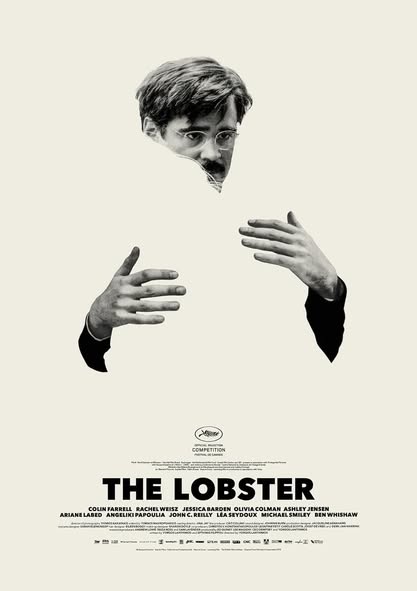The Lobster (2015)

The Lobster (2015) is a darkly comedic and thought-provoking film that explores the absurdities of love and societal expectations in a dystopian setting. Directed by Yorgos Lanthimos, this unique narrative combines elements of science fiction and satire, creating a surreal examination of relationships and the pressures to conform. With its distinct visual style and unconventional storytelling, The Lobster challenges viewers to reflect on the nature of love in a world that imposes rigid definitions on human connections.
Set in a near-future society where single individuals are transformed into animals if they fail to find a romantic partner within 45 days, the film follows David, played by Colin Farrell. As he navigates this bizarre world, David grapples with the absurdity of forced relationships and the fear of becoming a lobster, his chosen animal. The film’s premise is both intriguing and unsettling, highlighting the extremes to which society can go to enforce conformity in matters of love.

Lanthimos employs a deadpan tone and meticulously crafted dialogue to enhance the film’s surreal atmosphere. The performances, particularly by Farrell, Rachel Weisz, and Léa Seydoux, are both poignant and absurd, capturing the emotional turmoil of the characters as they navigate their desires and fears. The film’s aesthetic, marked by stark cinematography and a muted color palette, reinforces the bleakness of the world while allowing moments of unexpected levity to shine through.

The Lobster is rich with metaphor, prompting discussions about the nature of love and the societal pressures that dictate personal choices. The film cleverly juxtaposes the structured dating rituals of the society with the more organic, chaotic nature of love in the wild, where characters seek freedom from societal constraints. This contrast serves as a critique of modern relationships and the often arbitrary standards placed upon them.
The film’s unconventional narrative structure and dark humor may not appeal to all audiences, but its originality and depth make it a standout work in contemporary cinema. The exploration of themes such as individuality, the fear of loneliness, and the complexities of human connection resonate deeply, inviting viewers to question their own beliefs about love and relationships.

In summary, The Lobster is a bold and imaginative film that challenges traditional notions of romance and conformity. Yorgos Lanthimos’s unique vision, combined with strong performances and a thought-provoking premise, creates an unforgettable cinematic experience. The film not only entertains but also provokes critical reflection on the nature of love in a world that often imposes its own rigid definitions, making it a significant contribution to modern film.











